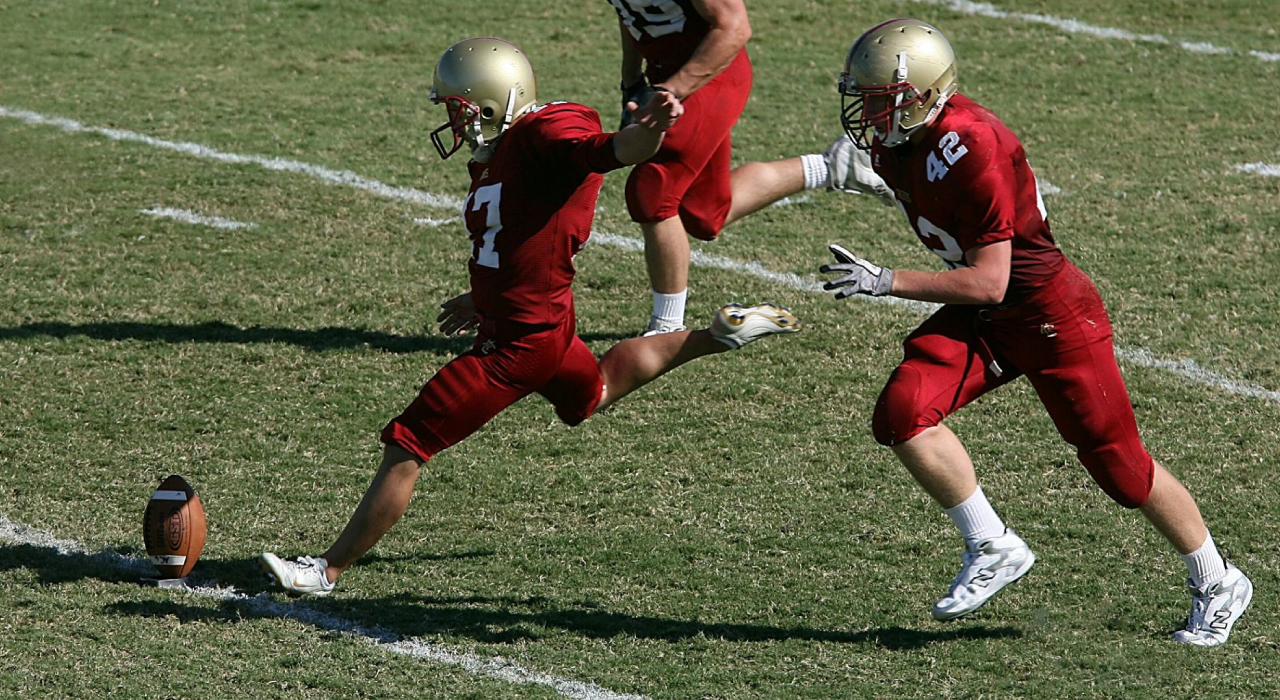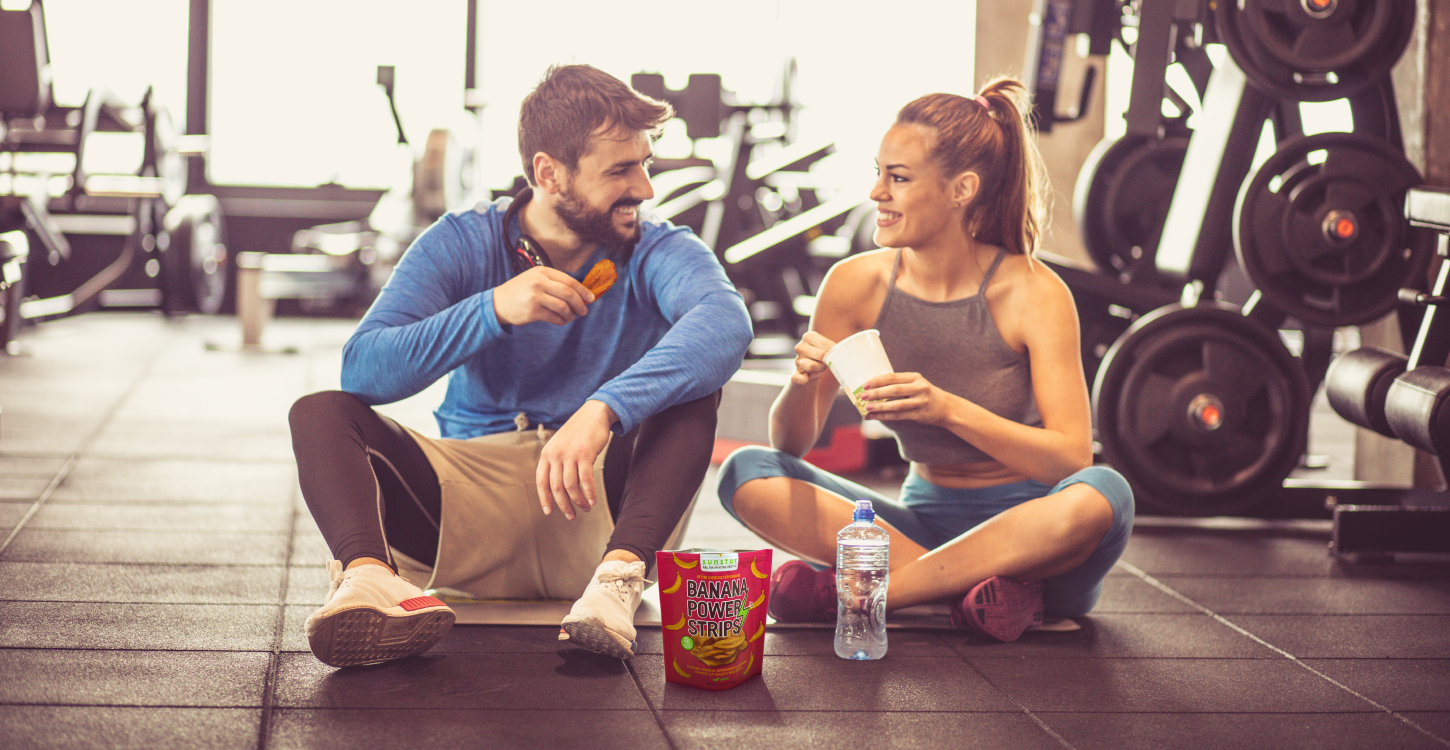As an athlete, you’re no stranger to the demands of training, competition, and recovery. You understand the importance of discipline, perseverance, and strategy in achieving your athletic goals. But have you considered the role of a good diet in sports?
Nutrition is the unsung hero of athletic performance. It fuels your workouts, aids in recovery, and keeps you energized throughout the day. It’s not just about what you eat, but when and how you eat it.
This guide will delve into the world of sports nutrition, offering practical tips on meal planning and healthy eating. We’ll explore how to balance macronutrients for energy and muscle repair, choose clean, natural snacks, and maintain energy levels throughout your busy day.
So, are you ready to optimize your diet and elevate your performance? Let’s dive in and discover the positive effect of a good diet in sports.
The Foundation of Athletic Success: Understanding the Role of Nutrition
Nutrition is a cornerstone of athletic success, often determining your ability to perform at your best. The food you consume fuels your workouts and aids recovery, influencing every aspect of your performance. Without the right nutrients, energy levels dip, and recovery stalls, impacting both training and competition.
A well-structured diet enhances endurance, builds strength, and supports overall health. It’s not just about energy but also how your body repairs and grows. By understanding the role of nutrition, you empower yourself to make informed choices that align with your fitness ambitions. The right diet sets the stage for achieving your athletic dreams.
Macronutrients: The Building Blocks for Energy and Recovery
Every athlete’s diet revolves around macronutrients—carbohydrates, proteins, and fats. These nutrients provide energy, build and repair muscles, and sustain endurance during intense activity.
To harness their benefits, you must understand their distinct roles and balance them accordingly. Each macronutrient plays a unique part in your athletic performance, boosting both your training sessions and recovery periods.
Here’s how they contribute:
- Carbohydrates: Fuel your muscles and brain for quick energy.
- Proteins: Support muscle repair and growth, reducing injury risk.
- Fats: Offer sustained energy for longer, less intense workouts.
Balancing these correctly ensures your body functions optimally, improving your workouts, recovery, and overall health.
Carbohydrates: Your Main Energy Source
Carbs are your body’s go-to energy source for high-intensity exercise. They break down quickly to provide fuel when you need it most.
Including complex carbs from fruits like bananas, whole grains, and vegetables in your diet ensures sustained energy. Simple carbs can be useful for quick bursts while complex carbs are essential for sustained energy, but balance is key.
Too few carbs can leave you feeling sluggish and underperforming. Thus, a well-rounded intake keeps your energy levels stable and ready for any athletic challenge.
Proteins: The Muscle Repair Agents
Proteins play a pivotal role in repairing and building muscles, vital after intense workouts. They help reduce muscle soreness and aid recovery, keeping you primed for the next session.
Lean meats, fish, eggs, and legumes are excellent sources. They provide amino acids, which are the building blocks for muscle repair.
Consuming protein post-workout maximizes recovery, helping maintain strength and muscle mass. Tailor your protein intake based on training intensity to support your body’s needs fully.
Fats: The Misunderstood Fuel
Fats often get a bad rap, but they are crucial for long-lasting energy and overall health. They assist in hormone production and nutrient absorption, vital for athletes.
Incorporate healthy fats like those found in avocados, nuts, and olive oil. These support energy levels during prolonged exercise sessions.
Fats are an efficient energy reserve, particularly for low to moderate intensity workouts. Embrace them as part of your diet to maintain endurance and balance your energy supply efficiently.
Micronutrients and Hydration: Vital for Peak Performance
While often overshadowed by macronutrients, micronutrients are crucial for athletic success. These vitamins and minerals enhance immune function, bone health, and muscle contraction efficiency.
Incorporating a diverse range of colorful fruits and vegetables ensures you meet these nutritional needs. This variety supports your body’s complex systems, bolstering performance.
Hydration is equally essential. Dehydration can quickly derail your physical capabilities and focus. Proper fluid intake regulates body temperature and maintains joint lubrication.
Here’s a quick checklist for maintaining hydration and micronutrient levels:
- Consume a rainbow of fruits and vegetables daily.
- Drink water consistently throughout the day.
- Include electrolyte-rich fluids, especially during and after exercise.
Meeting both micronutrient and hydration requirements keeps your body in peak condition, enhancing your ability to train and recover effectively.
Pre-Workout Nutrition: Timing and Food Choices for Optimal Energy
Nailing your pre-workout nutrition can make a big difference in performance. Focus on timing and food choices to maximize energy levels.
Consume a balanced snack 30-60 minutes before exercising. Opt for foods rich in carbohydrates and some protein. Think along the lines of a banana with peanut butter, a small bowl of oatmeal, or a pouch of Banana Power Strips. These options offer a steady release of energy without causing digestive discomfort.
Avoid heavy meals just before working out, as they can lead to sluggishness. Instead, prioritize quick-digesting sources. This approach helps maintain your energy, ensuring you’re primed and ready for any physical challenge.
Post-Workout Recovery: What to Eat for Muscle Repair and Soreness Reduction
After a tough workout, replenishing your energy stores is crucial. Eating the right foods post-exercise helps repair muscles and reduce soreness.
Choose a snack rich in protein and carbohydrates within 30 minutes of finishing. A smoothie with protein powder, a handful of nuts, and a piece of fruit can do wonders.
Don’t forget to hydrate properly. Water aids recovery by replenishing fluids lost through sweat. Including foods like yogurt with honey or chocolate milk can also enhance muscle recovery, helping you bounce back faster for your next session.
Meal Planning Mastery for the Busy Athlete
Efficient meal planning can transform your nutrition game. It saves time and ensures you meet your dietary needs as an athlete.
Start by prepping meals once a week. This will help in keeping your nutrition goals on track. Consider making a shopping list to avoid impulse buys and ensure you have all essentials.
Here’s a simple meal plan outline:
- Breakfast: Overnight oats with nuts and berries.
- Lunch: Grilled chicken salad with mixed greens.
- Dinner: Quinoa bowl with roasted vegetables.
This approach can maintain energy levels and support your fitness goals.
Quick and Healthy Snack Ideas
When time is tight, having quick snacks ready is vital. These snacks should provide energy without weighing you down.
Consider portable options that are easy to prepare. Greek yogurt with a banana or a handful of almonds can be both delicious and nourishing.
Keeping these snacks handy ensures you never skip nourishment. They offer a nutritious boost whether you’re between meetings, classes, or en route to a game or practice.
See this article entitled “Top Pre-Gym Snacks for Optimal Energy” for more ideas on quick and healthy snacks.
The Power of Clean Eating: Choosing Natural Ingredients and Avoiding Processed Foods
Clean eating forms the backbone of a strong diet. Prioritizing natural ingredients boosts energy and aids recovery. Focus on whole foods like fruits, vegetables, lean proteins, and whole grains.
Avoid heavily processed foods laden with artificial additives. These can lead to energy slumps and hinder performance. Opt for snacks and meals with minimal ingredients, ensuring they align with your health goals. A clean diet fuels your body properly and enhances overall athletic performance.
Staying Energized: Strategies to Maintain Energy Levels Throughout the Day
Consistent energy levels are essential for athletes juggling classes or work, and training. Start your day with a balanced breakfast rich in complex carbs and proteins. This sets the stage for sustained energy throughout demanding schedules.
Incorporate nutrient-dense snacks, like nuts or yogurt, between meals to keep your metabolism active. Staying hydrated is equally crucial. Dehydration can cause fatigue and affect performance, so drink plenty of water regularly. Maintaining energy levels helps you maximize both study sessions and workouts.
Conclusion: Committing to a Good Diet for Long-Term Athletic and Health Success
Embracing a good diet in sports is a lifelong commitment with profound benefits. It enhances performance, aids recovery, and supports overall well-being. By focusing on balanced meals, rich in nutrients and tailored to your athletic demands, you’ll set the foundation for success both on and off the field.
Stay consistent with your nutrition habits, and remain adaptable to the changing needs of your body. Recognize the power of clean eating and meal planning in achieving your fitness goals. Remember, your diet is not just about fueling your body but also about investing in your future health and athletic potential. With dedication and the right approach, you’re not just playing the game—you’re elevating it.
Looking for a convenient snack that checks the boxes? Try Banana Power Strips for a clean and sustained energy boost– before and after your workouts.

